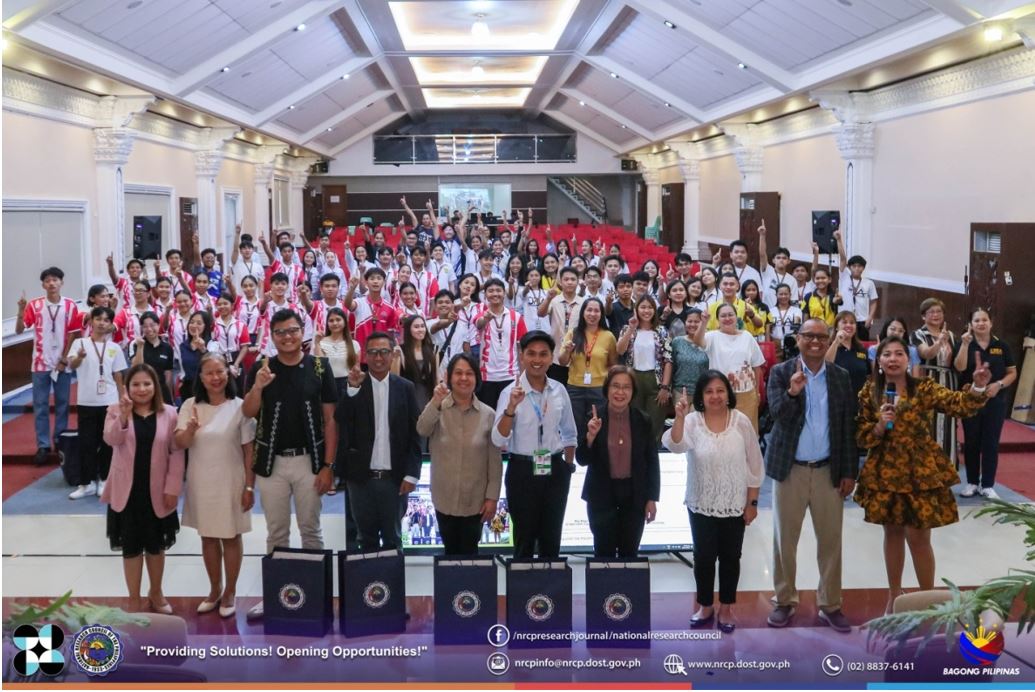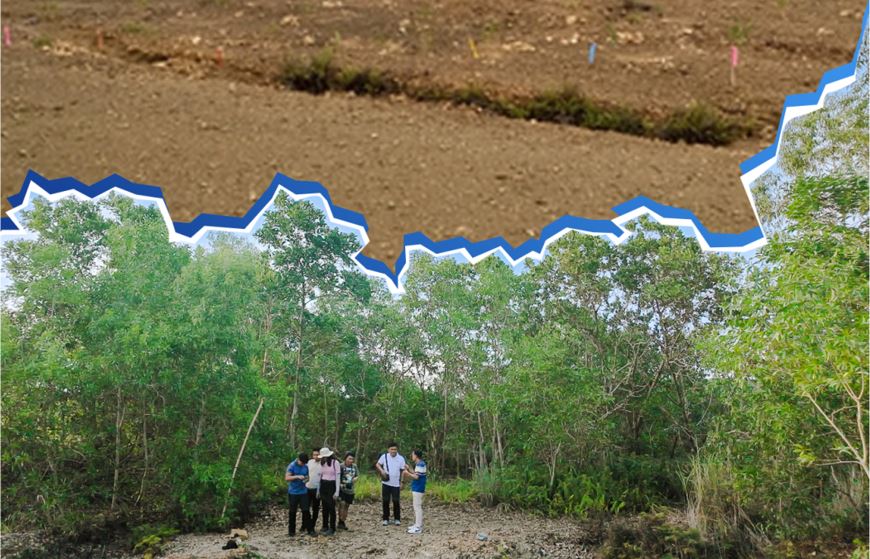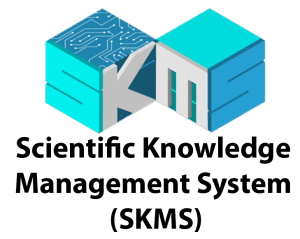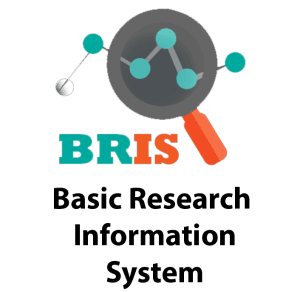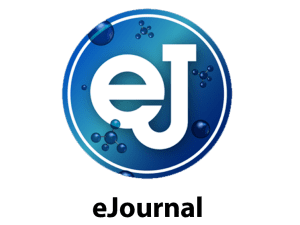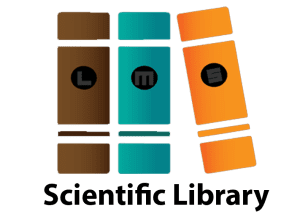Leaders emphasize collaboration, mentorship, and policy integration at DOST-NRCP Annual Scientific Conference
Four leaders from the education, research and development (R&D), public policy, and industry sectors underscored the importance of capacitating researchers by providing them opportunities for collaboration and strengthening policy research. They also pointed out the need to mentor young researchers and innovators during the discussions at the Department of Science and Technology-National Research Council of the Philippines’ (DOST-NRCP) Annual Scientific Conference (ASC) and 92nd General Membership Assembly (GMA), held at the Philippine International Convention Center (PICC), Pasay City on March 13, 2025.
Dr. Leah J. Buendia, DOST Undersecretary for R&D; Dr. Arsenio M. Balisacan, National Economic and Development Authority (NEDA) Secretary; Mr. Perry A. Ferrer, Philippine Chamber of Commerce and Industry (PCCI) Executive Vice President; and Dr. Shirley C. Agrupis, Commission on Higher Education (CHED) Commissioner explored how researchers from the 13 scientific divisions of the Council can play a heightened role in advancing science, technology, and innovation (STI) towards a future-ready scientific community.
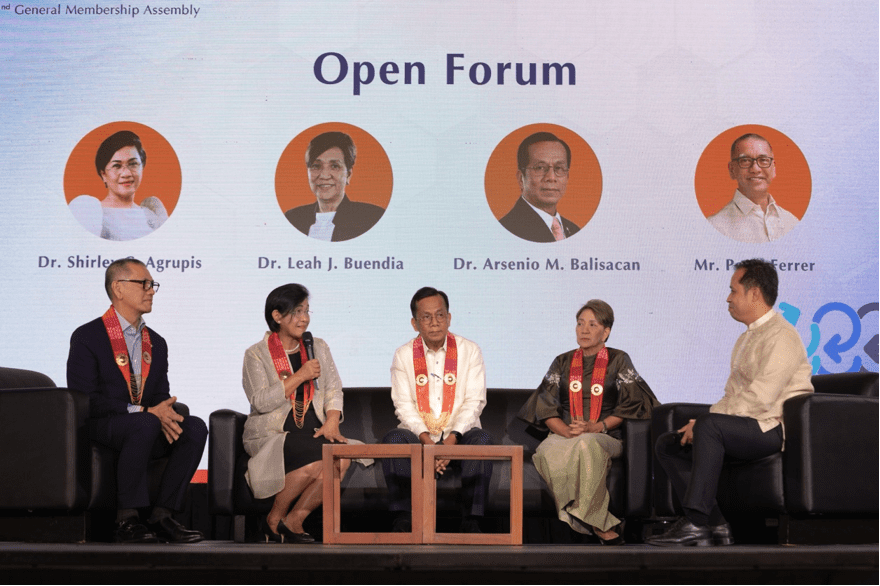
Anchored on the theme “Empowering a Sustainable Future: Science, Technology, Social Innovation, and Human Capital in Global Challenges,” this year’s session conference emphasized that achieving a science and technology-driven economy requires developing human capital as a primary focus. In line with this, NRCP aims to strengthen researchers’ capabilities, allowing them to create sustainable, research-based solutions that enhance societal well-being and promote a resilient, inclusive, and sustainable future.
Providing Researchers with Opportunities for Growth
Dr. Buendia emphasized the need to invest in researchers by providing mentorship, collaboration, and resources that enable them to turn their work into impactful solutions. She highlighted that creating an environment where researchers are empowered leads to a thriving STI ecosystem.
“To advance STI, we must not only provide funding and infrastructure but also empower our researchers with opportunities for growth, mentorship, and collaboration,” Undersecretary Buendia emphasized.
Translating Research into Policy Development
NEDA Secretary Balisacan highlighted the importance of incorporating scientific insights into policy development to promote sustainable and inclusive growth. He stressed that collaboration between researchers and policymakers leads to research-based policies that address societal challenges effectively.
“When researchers and policymakers collaborate, we create pathways where scientific knowledge translates into policies that drive inclusive progress,” Dr. Balisacan said.
He further emphasized that by enhancing the knowledge and capacity of researchers, they become key contributors to policy development, ensuring that research outcomes have a tangible impact on national progress.
Utilizing Research to Support Emerging Industries
PICC Executive Vice President pointed out that aligning research expertise with the demands of emerging industries helps drive innovation and economic growth. He emphasized the need for stronger partnerships between research institutions and the private sector to ensure that scientific advancements translate into real-world economic opportunities.
“Our researchers provide the knowledge backbone that supports industry growth. Their expertise must align with emerging industry needs to ensure that scientific advancements lead to economic opportunities,” Mr. Ferrer stated.
Researchers as Mentors to Future Innovators
CHED Commissioner Agrupis emphasized the critical role of NRCP researchers in mentoring the next generation of scientists and innovators. She highlighted that nurturing young talent ensures that future innovators are equipped to contribute meaningfully to national development.
“Our researchers hold the knowledge and expertise that can guide the next generation of scientists and innovators,” Dr. Agrupis noted.
She furthered that investing in the development of human capital through mentorship and training ensures that young researchers are prepared to address future challenges with competence.
The experts’ discussion highlighted collaboration, mentorship, and research integration as key drivers of progress. (Rose D. Dagupen, S&T Media Service)






